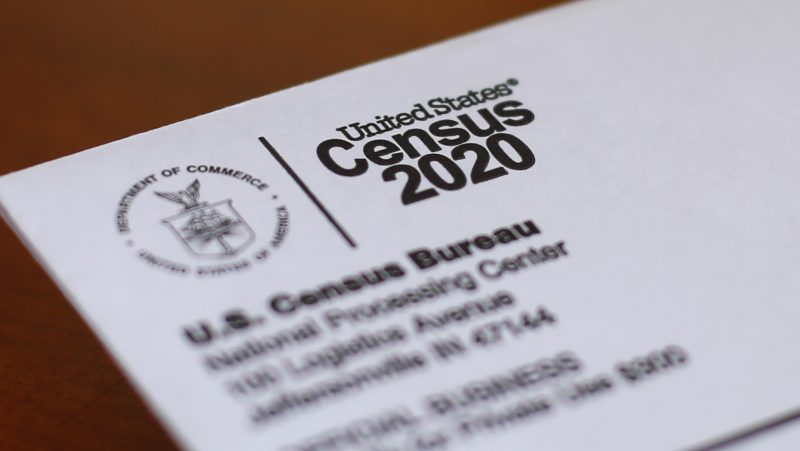The federal government updated how it classifies people by race and ethnicity for the first time in over a quarter-century, aiming to better capture an increasingly diverse country and give policymakers a fuller view of the Americans their work impacts.
The U.S. Office of Management and Budget announced Thursday it would combine questions about race and ethnicity on federal forms and encourage people to select multiple options if applicable. The government also will add “Middle Eastern or North African” (MENA) as a new category for the combined question, which will include seven total choices.
The changes mark the first time since 1997 that the OMB has revised a policy on the federal collection of such data.
“This is truly a momentous day,” said Meeta Anand, senior director for census and data equity at the Leadership Conference on Civil and Human Rights, a national coalition of over 200 civil rights groups. The combined question, she added, is “one of the biggest changes we’ve ever seen.”
Karin Orvis, the United States’ chief statistician, said in a Thursday blog post on the White House website that the revision will “enhance our ability to compare information and data across federal agencies, and also to understand how well federal programs serve a diverse America.”
The changes are expected to show up on a range of federal data collection forms, including the census surveys that the government sends out every 10 years. They will also be reflected in the American Community Survey, which is conducted more regularly and includes more questions.
Such data guides how federal officials analyze everything from health-care outcomes to the redrawing of congressional districts.
The revised standards go into effect immediately, though agencies have 18 months to devise plans to comply and five years to implement them.
The Census Bureau said in a statement that it “commends the scientific integrity and collaboration” that led to the new standards.
The process that led to these changes began in June 2022, when Orvis convened a working group of career staff members across 35 agencies in the federal government. The group received over 20,000 public comments and held 94 listening sessions.
“As a society, we cannot properly ensure equal rights and protections for all if we are not able to properly identify those impacted by overt and covert discrimination through systemic biases in the first place,” read one comment from an Egyptian American attorney who agreed with the new MENA category.
Momentum toward the changes has long been building, though it slowed during Donald Trump’s presidency. His administration sought to include a citizenship question on the 2020 Census, a move the Supreme Court blocked.
Advocates have especially pushed for a combined question on race and ethnicity, with research showing that the separate questions have hindered data collection among Latino respondents.
“Since many Latinos do not see themselves in any of the race categories under the current standards, a large proportion (nearly 44 percent) select ‘Some Other Race’ or skip the race question entirely,” Anand’s group said last year in a document outlining its case for a combined question.
The 2020 Census marked the first time that “Some Other Race” rose to the second-largest racial group in the United States.
“That means we had a lot of people who were not seeing themselves in the forms,” Anand said.
The Arab American Institute, a Washington-based nonprofit that advocates on behalf of Arab Americans, called the revised standards a “major accomplishment.”
“The new Standards will have a lasting impact on communities for generations to come, particularly Arab Americans, whose erasure in federal data collection will finally cease,” the institute’s executive director, Maya Berry, said in a statement.
At the same time, Berry said the institute has “deep concerns” that Arab Americans will continue to be undercounted because the new “Middle Eastern or North African” category does not fully capture the diversity of those groups.

